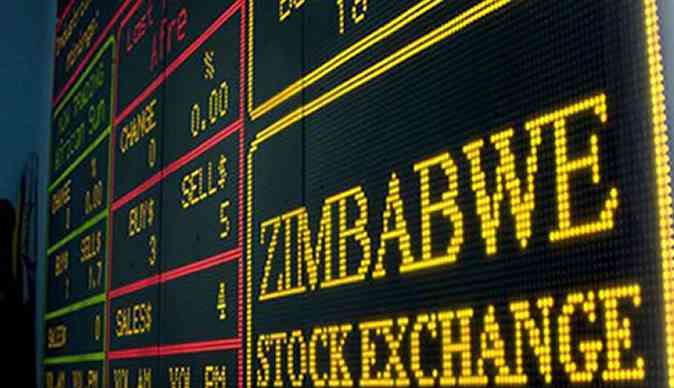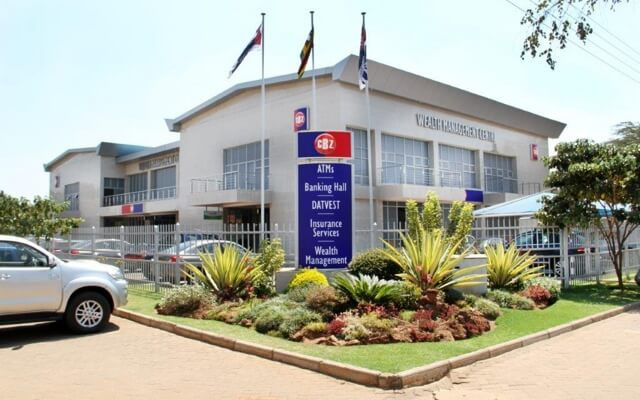
ZIMRE Holdings Limited (ZHL) says it will implement short-term survival strategies including balance sheet preservation and cost control in the second half of the year on the back of setbacks caused by the coronavirus (COVID-19) pandemic.
By Tatira Zwinoira
In the new trading update of its first quarter performance for the period ended March 31, 2020, ZHL said the COVID-19 global pandemic would require extensive business re-strategising for survival.
“In the first quarter of 2020, the group was on course to achieve its performance targets for the year. However, the unexpected outbreak of the COVID-19 global pandemic in the last part of the quarter with its negative impact on business performance created a material uncertainty that would require extensive business re-strategising for survival,” said ZHL group company secretary, Lovemore Madzinga in the trading update.
“The resilience of the group and the Southern African Region shall be tested in the second half of 2020. ZHL shall lean heavily on its financial strength buttressed by its sizeable property portfolio to weather the storm and preserve shareholder value.”
He added: “The strategic focus shall be responding to the effects of the COVID-19 pandemic and implementing short-term survival strategies including balance sheet preservation and cost control”.
During the first quarter, ZHL’s reinsurance business started the year well with increased treaty participation in the domestic market on account of a relatively strong balance sheet, excellent service delivery and the increasing Emeritus brand equity.
“However, due to the tight liquidity situation and other challenges, premium collections were subdued thus slowing down investment portfolio growth across the group,” Madzinga said.
- Chamisa under fire over US$120K donation
- Mavhunga puts DeMbare into Chibuku quarterfinals
- Pension funds bet on Cabora Bassa oilfields
- Councils defy govt fire tender directive
Keep Reading
Under ZHL’s general insurance operations, its Credit Insurance Zimbabwe Limited subsidiary recorded an above budget performance and significant growth compared to the same period last year.
The performance was credited to offering specialised products to the market, especially to the tobacco sector and infrastructure development projects through underwriting management agents.
“In historical cost terms profit for the period was 439% above budget on account of the significant growth in topline performance, favourable claims experience (15% claims ratio) and controlled operating expenses,” Madzinga said.
He, however, added that due to the depreciating local currency against the United States Dollars, ZHL is seeing increased pressure in the demand for cover.
Under ZHL’s property portfolio, rental income performance for subsidiary, Zimre Property Investments, was on budget.
This was because of the quarterly rental reviews being implemented, reconfiguration of existing rental space for other uses in line with market demand and a move towards turnover-based leases.
Madzinga said ZHL obtained a waiver to charge for some of its services in hard currencies which contributed to income.
“However, the reduced capacity of tenants to service lease contracts due to the mounting economic challenges which became more pronounced in March 2020 with the outbreak of the COVID-19 pandemic, resulted in increases in void space and debtors,” he said.
“The company remained profitable with sufficient cashflows on account of the continued and calculated disposal of its stock of residential stands, and the tight management of property operating and administrative costs.”
He added: “Due to the hyperinflationary conditions and the depreciating local currency, rental income declined in real terms translating into weakened property values in real terms”.











